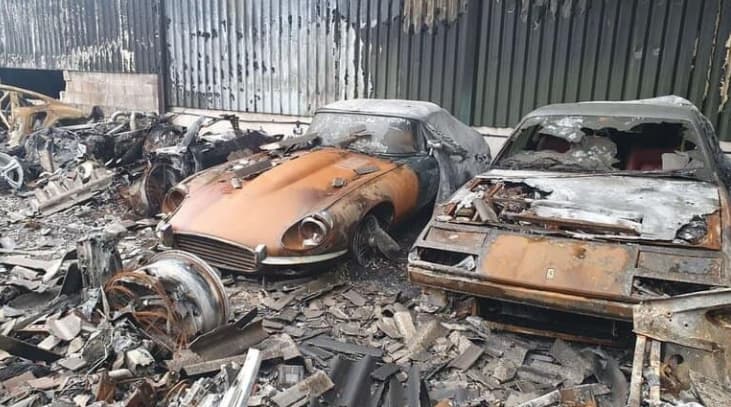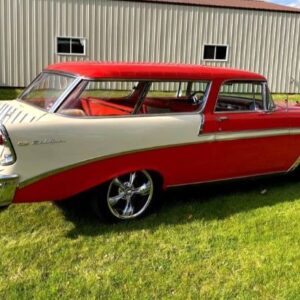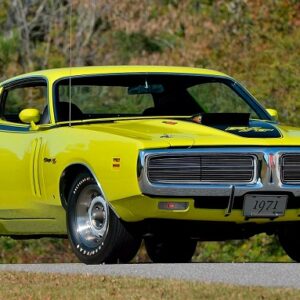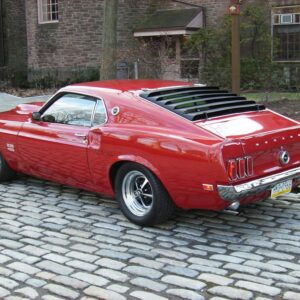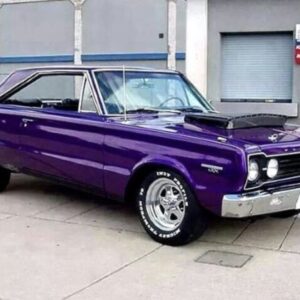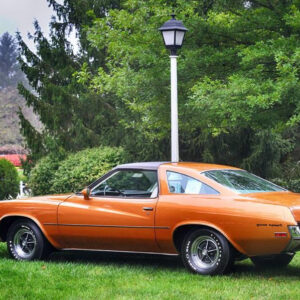Although nowadays it is not common to find vehicles on fire on the roads, as drivers of classic cars we must know that we have a high risk of suffering an incident of this type. To avoid this, we must know the main causes of fire in classic vehicles.
Causes of fires in classic cars.
In general, a fire is caused by several factors, and three elements must coincide in it: oxygen, fuel and spark. Undoubtedly, the main cause of fire in our classic is a carelessness in vehicle maintenance that can lead to multiple problems.
Fire due to electrical failure
Over the years, all electronic elements wear out and this increases the risk of a possible spark that, in contact with a flammable liquid or cloth, ends up causing a fire. Also bad connections in home repairs can lead to possible flames.
Electrical failures not only occur in the engine compartment, but rather in any part of the vehicle such as the dashboard, carpet, doors, etc.
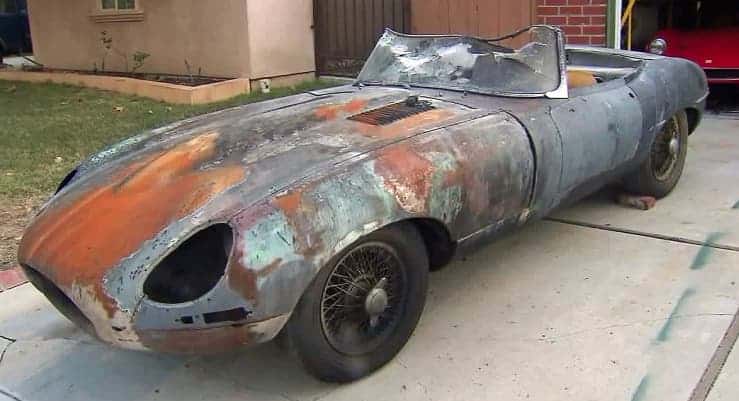
Fire due to traffic accident
Another of the most frequent causes of fire can be produced by a traffic accident. When an accident occurs, it is common for pipes or flammable liquid deposits to break, such as:
Brake fluid.Oils.Gasoline.battery fluid.These in contact with a spark can easily cause a fire.
Another factor that can influence accidental fires is the design of the vehicle. It was common for many brands of old vehicles to mount the tank in parts frequented by damage, such as the front. This means that at the slightest hit the flammable fuel will spill everywhere.
Fire due to mechanical problem
This is the main cause of fire in classic vehicles and the reason is poor maintenance.
Our classics accumulate many years and the materials are degrading. Flammable fluids such as gasoline, brake fluid, steering fluid… circulate through rubber pipes that end up cracking and spilling fuel, this in contact with a very hot material such as the exhaust pipe outlet can cause a fire.
On the other hand, the lack of liquids such as oil or antifreeze can cause the engine to overheat and end up on fire.
Even poorly maintained carburettor gaskets can cause gasoline spills with dire consequences.
A good option is to always carry a fire extinguisher in the car for what can happen. If you had a fire in your classic car you can leave a comment.
